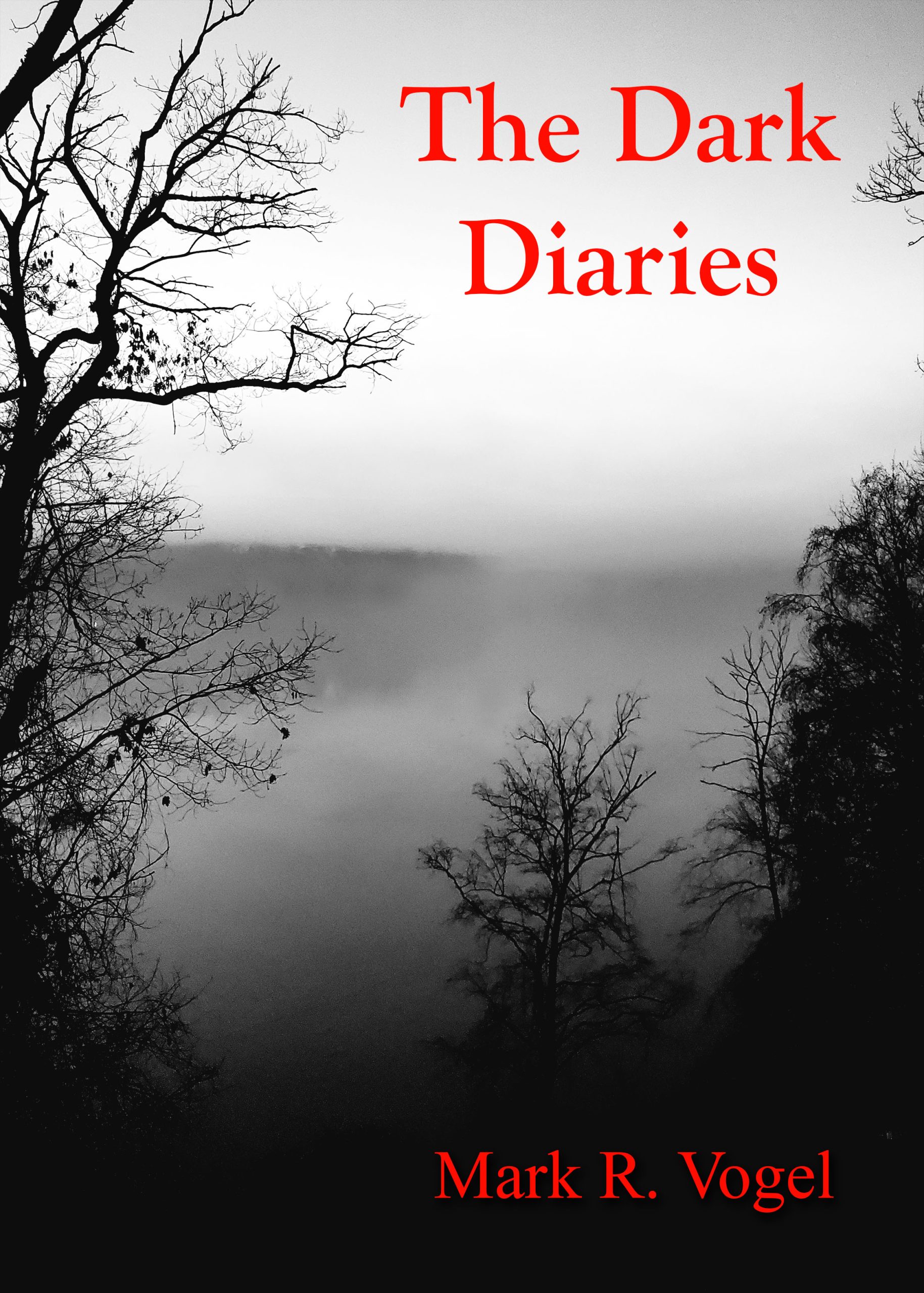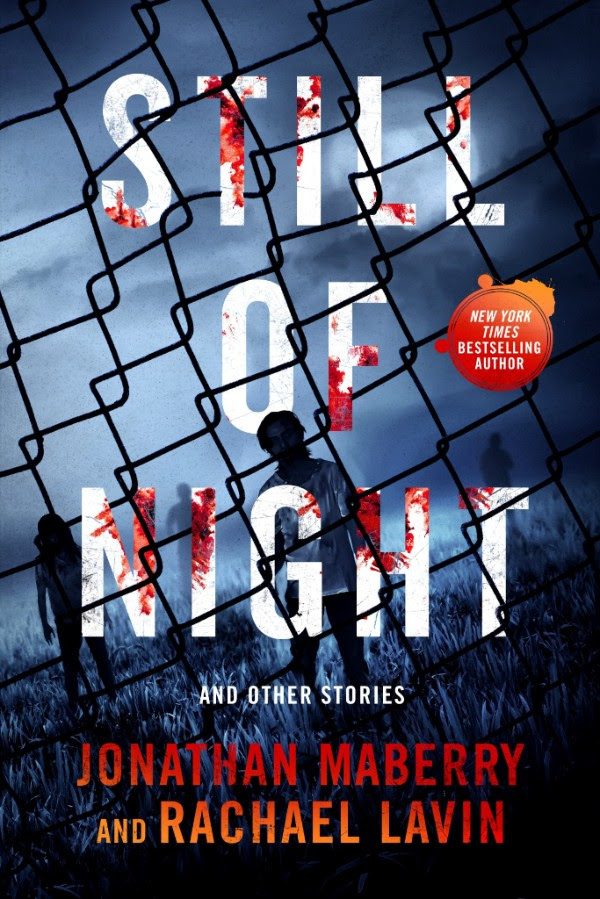Small town horror used to be a stable of the genre, particularly in the 1970s and early 80s, and although it’s making something of a comeback these days, particularly through small press publications, I’ve usually experienced it through one lens: the American small town. There are some British and Australian entries into the mix, of course, but those are few and far between. Even rarer, then, are those set in Canada.
Michael Rowe’s Enter, Night marks my first encounter into a distinctly Canadian horror novel set in a small town. As a resident of a big, metropolitan city, like Morgan and Christina Parr, the novel’s protagonists, I marvelled at the experience of going from such a bustling, urban centre to the small (fictional, albeit realistically depicted) town of Parr’s Landing, Ontario, built upon a sinister evil that dwells beneath. The year is 1972, and Christina Parr is down on her luck. Having just lost the love of her life, Jack Parr, she’s broke (he didn’t have life insurance and he died in an accident). So is her brother-in-law, Jeremy.
Not wanting to subject her daughter, Morgan, to a life of poverty, Christina’s only option is to go back to Parr’s Landing, her hometown, and relive the agony that it was to know Jack’s mother, Adeline, a matriarch in every sense of the word. Far from being a mean caricature, she is one of the most despicable characters in all of fiction. She blames Christina for Jack’s death and for taking him away from her. As for how much she hates Jeremy, words can’t begin to describe her loathing mostly due to his sexual orientation–something she sent him to a correctional facility for so they could “fix” him. Reading through his experiences is brutal and tragic.
The primary antagonist, however, is the sinister evil mentioned above. It is indeed a vampire, but not just any ordinary bloodsucker. It’s more of a fusion with the Wendigo myth, which the unfortunate prey turn into (one doesn’t merely die after being drained of blood; the infection brings them back as creatures of the night). But the unnamed head vampire, if you will, isn’t exactly whole. He has some mobility issues, which is why he starts haunting a young student in the 1950s, Richard Weal, who goes absolutely bonkers and vows to bring back his master. Flash forward to the present where he’s en route to Parr’s Landing to try to make his goal a reality, but he encounters a few challenges along the way.
The way that Rowe describes the town of Parr’s Landing when Christina et al arrive is stunning, because it’s almost like a High Gothic novel at that point, and really does conjure a sense of the ominous. There is pain and hurt there with the memories, and it’s an absolute last resort, but there’s also a sense of the demonic foreboding almost like it’s Wuthering Heights.
Among the supporting cast are twelve year-old Finn, who is obsessed with a Dracula knock-off comic sold at a local drug store. He meets fifteen year-old Morgan at school and falls head over heels. But when his dog goes missing and comes back not quite the same, he starts to suspect that what he has read about in those comics may not be so fictitious after all. William Lightning is a professor of Native American descent who is in town to find out if his suspicions are true, and if Richard Weal murdered his father. He gets off on the worst foot possible with Elliot McCitrick, who just so happens to be the first boy Jeremy Parr fell for. Elliot is a far cry from his younger self, and has grown into a homophobic, racist prick with violent tendencies.
As more and more people in town start to become affected by the virulent plague going around, deaths and transformations spread like wildfire. Although it’s a good technique to keep the head vampire silent for the most part, communicating only that it wants to be brought back to life so it can make more of itself, I wanted to know more about the creature’s motivations, about why it had taken so long for him to find someone to help him come back, about why its victims all turned into rabid Wendigo/vampires.
Rowe has included a few interesting documents at the back of the book, the second of which is told from the point of view of the Jesuit priest who first encountered the creature in the 1700s in Parr’s Landing and it seemed that he was dealing with The Devil himself. It’s a nice addition to the novel, which, although it has a clear resolution, left me with many unanswered questions, particularly about the fate of Billy Lightning–because of the shape-changing/mimicking aspect of the creatures, the author casts intriguing doubts on the authenticity of the professor toward the end.
One of the best things about Enter, Night is the richness of the detail. Rowe’s descriptions are almost sensual at times, vivid in that they leap off the page. And yet the suspense builds, mounting until finally, everything is out in the open. Everyone has to question their beliefs at some point, and to confront the fact that in this small town, vampires have become suddenly all too real. This is a novel that will grip you from start to finish, and leave you wanting more. It’s fraught with tragedy and mired in torturous pain, but in the end, it’s a thing of beauty.
Vampire fans, rejoice, for there is yet hope. We need more authors like Rowe to be at the forefront–authors who are breathing new life into vampire fiction. It’s rare to find a novel in which vampires haven’t been effectively de-fanged. Either that, or they’re relegated to “mindless killing machine” status. I haven’t been this impressed since Let the Right One In.
Rowe’s novel is simple, and it’s this simplicity in the sense that he doesn’t go over the top with the vampires, and doesn’t go into the all-too-frequently explored vampire apocalypse theme, in which the fanged creatures are always out to eat as many humans as possible and serve as a stand-in for a mass epidemic that kills people in the same way that most zombie fiction and films do. I urge every vampire fan to read this novel. Enter, Night is a labour of love, and it shows on every page. I have no doubt that this novel will be pointed to and referenced as one of the all-time greats.
- Enter, Night - January 4, 2012
- Shock Totem Issue 4 - November 15, 2011
- Through Shattered Glass - October 18, 2011
- Shock Totem Volume 3 - April 15, 2011







